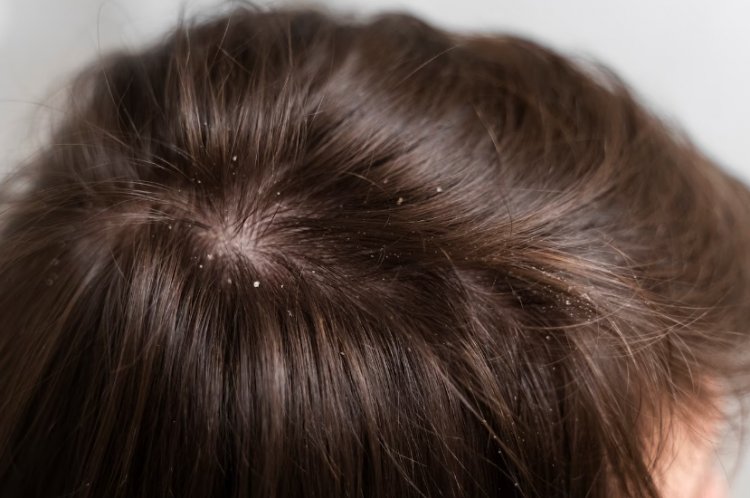Comprehensive Guide to Understanding Dandruff: Causes, Treatment, and Prevention
Dandruff, a common scalp condition, manifests as the flaking of dead skin cells from the scalp, often accompanied by itching. Despite being largely benign, it can pose significant discomfort and embarrassment for those affected. This article delves deeper into the multifaceted aspects of dandruff, exploring its various causes, treatment modalities, and preventive measures.

Understanding the Root Causes of Dandruff:
Malassezia Fungus
One of the leading culprits behind dandruff is the presence of Malassezia, a naturally occurring yeast-like fungus found on the scalp. When this fungus proliferates excessively, it can trigger scalp irritation and subsequent flaking.
Dry Scalp
A lack of moisture in the scalp skin, often exacerbated by environmental factors such as cold weather or excessive washing, can result in dryness and flakiness, contributing to dandruff formation.
Seborrheic Dermatitis
This inflammatory skin condition is characterized by red, oily patches covered with yellow or white scales. While it primarily affects the scalp, it can also extend to other areas rich in oil glands, such as the face, ears, and chest.
Hair Care Products
Certain hair care products containing harsh chemicals or irritants may aggravate the scalp, triggering dandruff in susceptible individuals. Ingredients such as sulfates and fragrances can disrupt the scalp's natural balance and lead to increased flaking.
Stress and Immune Response
Psychological stress has been linked to exacerbating various skin conditions, including dandruff. Stress hormones can weaken the immune system, making the scalp more susceptible to inflammation and microbial overgrowth.
Exploring Treatment Options:
Medicated Shampoos
Over-the-counter shampoos formulated with active ingredients like zinc pyrithione, ketoconazole, selenium sulfide, or coal tar can effectively target dandruff-causing agents such as Malassezia fungus or scalp inflammation.
Topical Steroids
For severe cases of seborrheic dermatitis, prescription-strength topical corticosteroids may be recommended to alleviate inflammation and alleviate symptoms.
Antifungal Agents
Prescription antifungal medications, available in various forms including shampoos, creams, or oral tablets, can combat fungal overgrowth on the scalp and reduce dandruff severity.
Salicylic Acid Preparations
Products containing salicylic acid help to exfoliate dead skin cells and promote scalp health by unclogging hair follicles and reducing inflammation associated with dandruff.
Moisturizing Treatments
Incorporating moisturizers or emollients into the scalp care routine can help alleviate dryness and flakiness, providing relief from dandruff symptoms.
Proactive Prevention Strategies:
Regular Cleansing
Maintaining good scalp hygiene through regular shampooing with a mild, non-irritating cleanser helps to remove excess oil, dirt, and dead skin cells, preventing dandruff formation.
Humidity Control
In environments with low humidity levels, especially during winter months or in dry climates, using a humidifier can help maintain optimal moisture levels in the scalp, reducing dryness and flaking.
Stress Management
Employing stress-reduction techniques such as meditation, mindfulness, or yoga can mitigate the impact of stress on the body, including its exacerbating effects on dandruff.
Selecting Hair Care Products Wisely
Opting for hair care products free of harsh chemicals, sulfates, and fragrances can minimize scalp irritation and reduce the risk of dandruff flare-ups.
Nutritional Support
Consuming a balanced diet rich in essential nutrients, vitamins, and minerals supports overall skin health, including the scalp, promoting resilience against dandruff.
In summary, dandruff is a multifactorial scalp condition influenced by various factors ranging from microbial imbalances to environmental triggers and individual predispositions. While it may not pose serious health risks, its impact on self-esteem and comfort warrants attention. By understanding the underlying causes and implementing appropriate treatment and prevention strategies, individuals can effectively manage dandruff and maintain a healthy scalp environment. For persistent or severe cases, consulting a dermatologist is recommended to explore tailored treatment options and address underlying skin concerns.
What's Your Reaction?





















